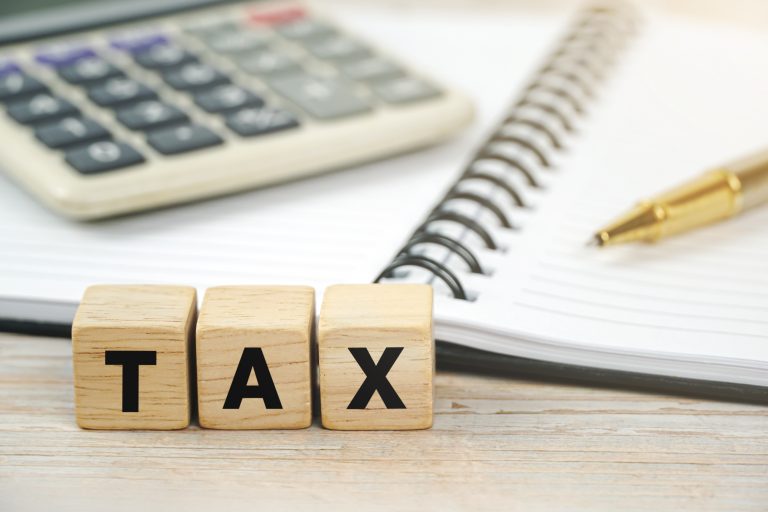While most Australians are limited to a concessional contributions cap of $30,000 per year (for 2025-26), Super SA's Triple S scheme operates under different rules. Those rules can open the door to significant tax savings and a much faster path to financial independence, if you know how to use them.
For those over age 60, the planning opportunity becomes even more powerful when combined with a Transition to Retirement (TTR) strategy.









